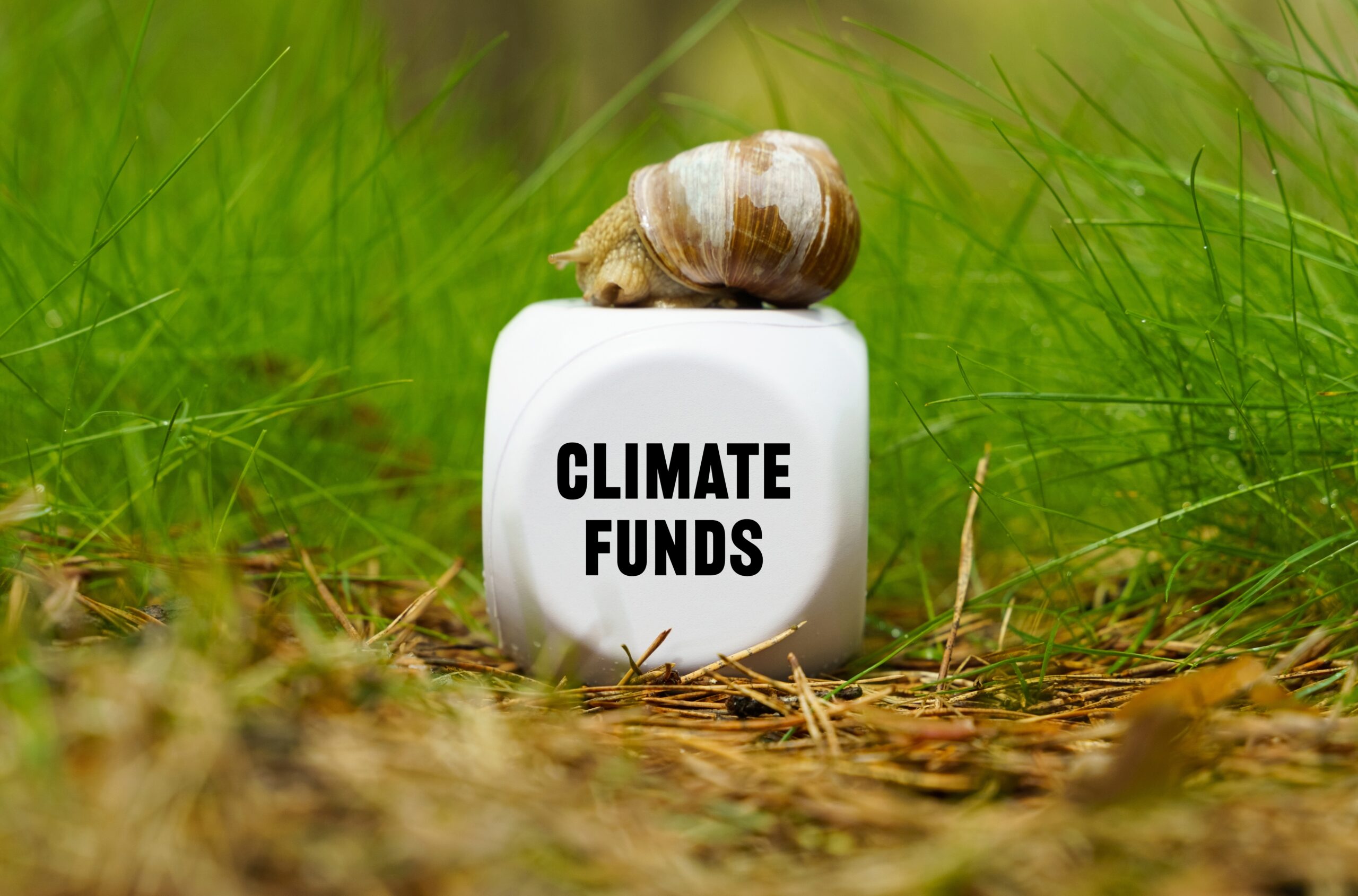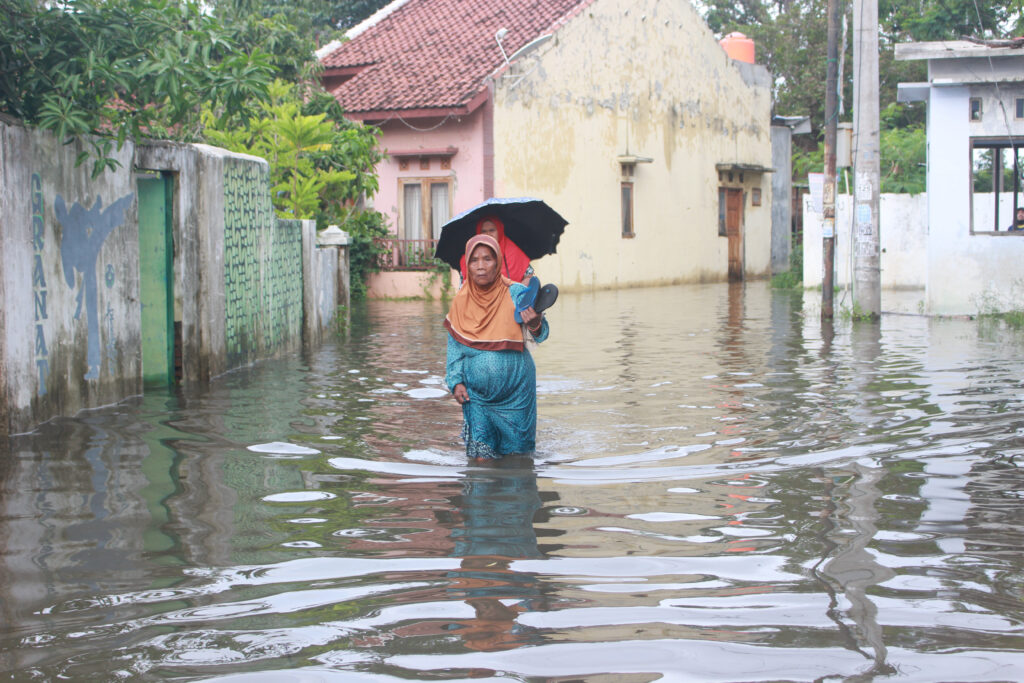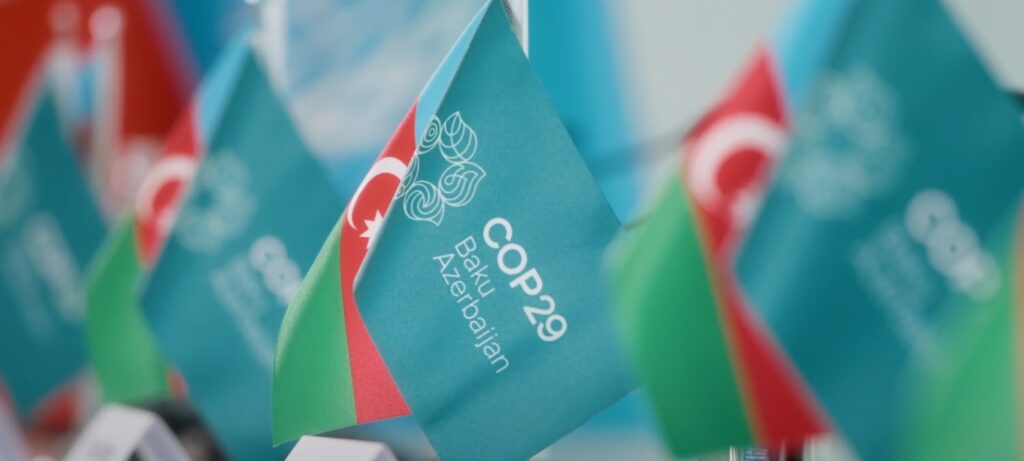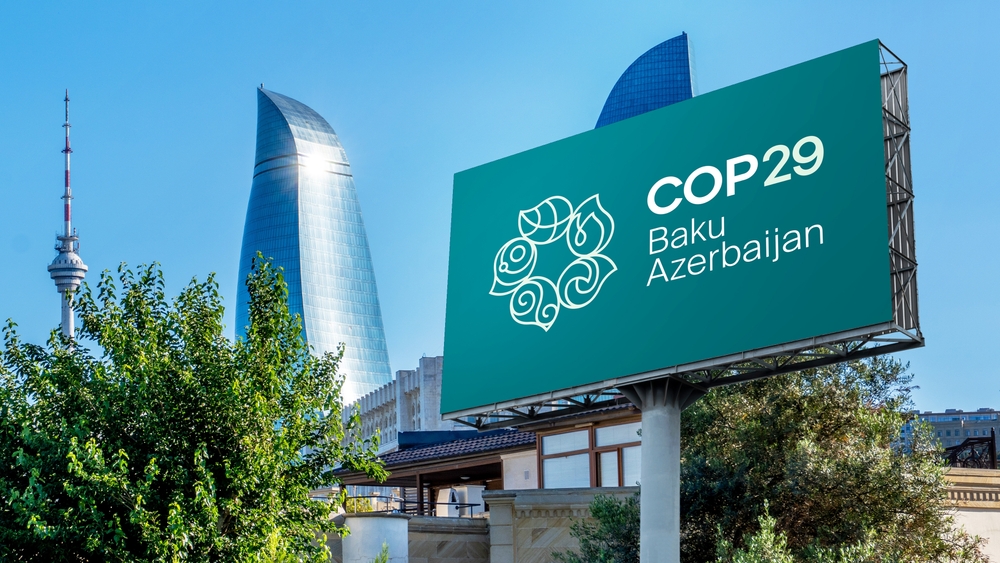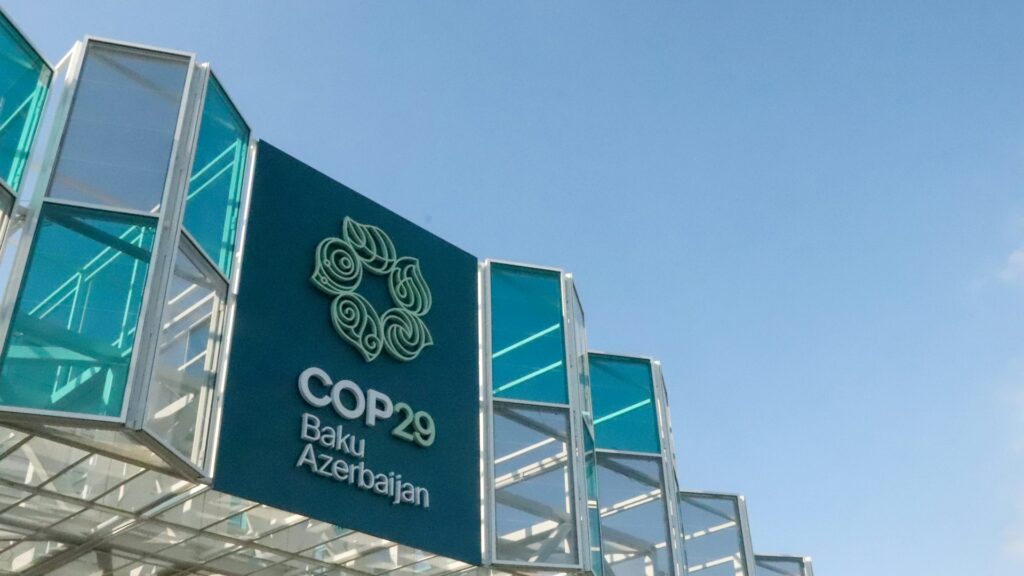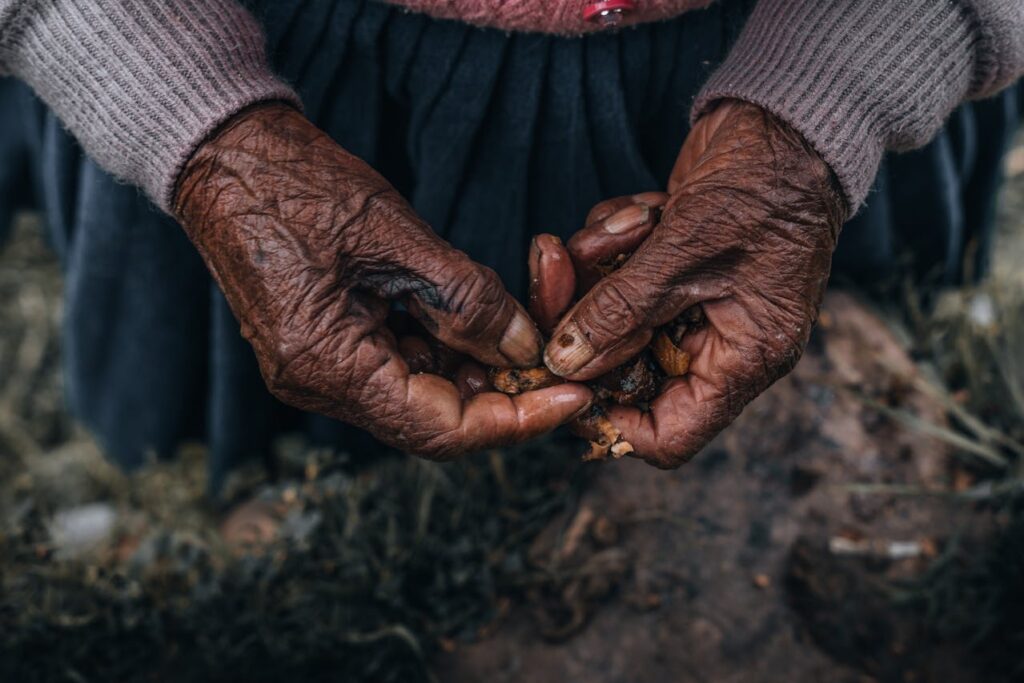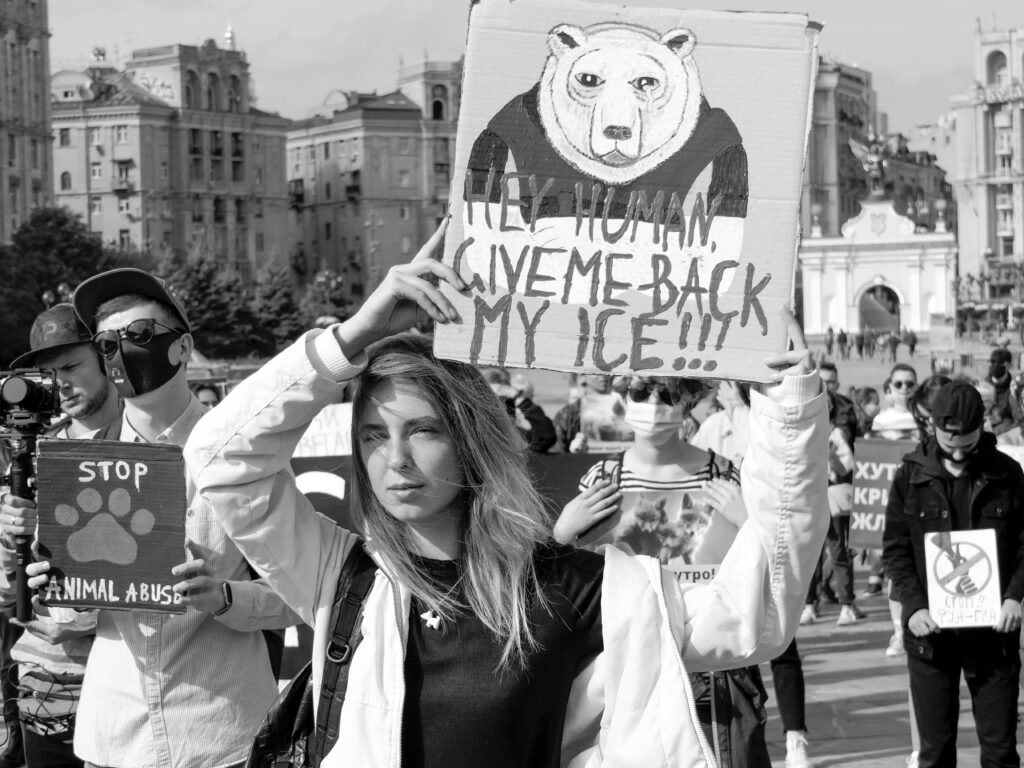Mobilising climate finance that meets the scale of the escalating crisis is crucial to unlock action and justice. At COP28 last year, governments made the crucial commitment to transition away from climate-polluting fossil fuels. As the leading driver of the climate crisis, phasing them out is a non-negotiable for a climate-safe world.
Experts say USD 1 trillion annually in grants and grant-equivalent finance is needed to deliver this commitment. This funding is particularly urgent in the Global South, where communities bear the brunt of devastating climate impacts while facing record-breaking debt and cost-of-living crises.
Climate Finance Flows From Developed Countries to Developing Countries
Now, new research released by Oil Change International (OCI) has outlined how developed countries can mobilise this amount five times over by ending fossil fuel handouts, making big polluters pay and changing unfair global financial rules. The measures would unlock well over USD 5 trillion every year to fight the most urgent of global challenges, according to the briefing released ahead of COP29.
Laurie van der Burg, OCI’s public finance lead, said it’s time for wealthy nations to turn their promise of climate finance to end fossil fuels into action. “They owe this money to Global South countries that have not caused this crisis and need fair finance to deliver strong climate plans next year that phase out fossil fuels,” said Van der Burg. “This is essential to avoid climate breakdown and save lives.”
World-changing Funding for Climate Finance
OCI’s research includes a fact sheet outlining actionable and costed steps to raise funds for urgent climate action. This includes USD 846 billion annually to stop funding fossil fuels and USD 618 billion annually to make polluters pay a climate damages tax on fossil fuel extraction. “There is no shortage of public money available for rich countries to pay their fair share on fair terms for climate action at home and abroad,” it states. “This will benefit all of us, unlocking trillions in public funding to build an equitable future where everyone can meet their needs.”
The briefing was endorsed by 36 organisations, calling on negotiators and world leaders to prioritise these demands at COP29 Azerbaijan, ensuring that climate finance commitments increase to match the scale and urgency of the climate crisis. “The urgency and extent of growing economic inequality, unfair sovereign debt crises, climate disasters and fossil fuel profits have created significant momentum towards many of these measures in international and domestic policy spheres,” the briefing read.
The Importance of International Climate Finance
International climate finance is the funding to address climate change and its impacts globally. The funding is essential to unlock a timely global transition from fossil fuels to renewable energy and to help the most vulnerable countries, especially in the Global South, adapt to climate-related disasters.
The world’s previous commitment to deliver USD 100 billion in climate finance per year was eventually met — but two years late. Meanwhile, the climate crisis has continued to intensify, impacting the health, lives and livelihoods of billions of people.
Climate Finance at COP29 2024
At this year’s COP29, crucial finance negotiations will take place where leaders must agree on a new global climate finance target. The figure of USD 1 trillion is essential to deliver the fossil fuel transition. While a steep increase on the previous finance agreement, the OCI’s briefing shows raising this amount is not only achievable, but it pales in comparison to amounts spent by governments in other areas — and to the spiralling costs of inaction.
As Andreas Sieber, associate director of policy and campaigns at 350.org, said, “It is a bitter irony that rich nations hide behind claims of fiscal restraint, yet trillions are still spent on fossil fuel subsidies and militarisation. The truth is simple: the money exists, but the political will does not,” he said. “The energy transition isn’t charity — it’s an investment in global stability and security. Ignoring the need for support only worsens the climate crisis, which knows no borders. The real question isn’t whether we can afford to act, but whether we can afford not to.”
A Climate Change Debt to Pay
OCI’s briefing not only outlines the economic potential of climate finance. It underscores that adequate provision is an inherent matter of justice. Wealthy, industrialised nations have contributed the majority of greenhouse gas emissions that have driven the crisis. These nations have reaped the benefits of economic growth while disproportionately causing climate and environmental harm to the Global South.
These lower-income nations – which have contributed the least to climate change – are bearing the brunt of its impacts in the form of extreme weather disasters, food and water stress, displacement, economic instability and a disproportionate loss of human life. More than 91% of deaths caused by climate and weather-related disasters over the past 50 years occurred in the Global South.
Climate justice demands that the Global North provide technological and financial support to help these nations adapt, mitigate and recover from climate damage. COP29 2024 presents the opportunity for leaders to agree on a climate finance target that can finally deliver this.
“Let’s be clear: the Global North owes an immense climate debt to the Global South, a debt born from decades of greenhouse gas emissions for their industrialisation and that continues today at the expense of vulnerable communities in the Global South,” said Tasneem Essop, executive director of Climate Action Network International. Redirecting the trillions currently funnelled into militarisation and fossil fuel subsidies could build a just and sustainable future, she added. “It’s time to stop stalling. It’s time to make polluters and the wealthy pay for the harm they have caused. The world can no longer afford excuses. We need bold, transformative action – now.”
Evelyn Smail
Writer, United Kingdom
Evelyn is a freelance writer and journalist specialising in climate science and policy, the just energy transition and the human impacts of climate change. She writes for independent publications, NGOs and environmental organisations. Evelyn has a background in sustainable development, climate justice and human rights.
Evelyn is a freelance writer and journalist specialising in climate science and policy, the just energy transition and the human impacts of climate change. She writes for independent publications, NGOs and environmental organisations. Evelyn has a background in sustainable development, climate justice and human rights.

